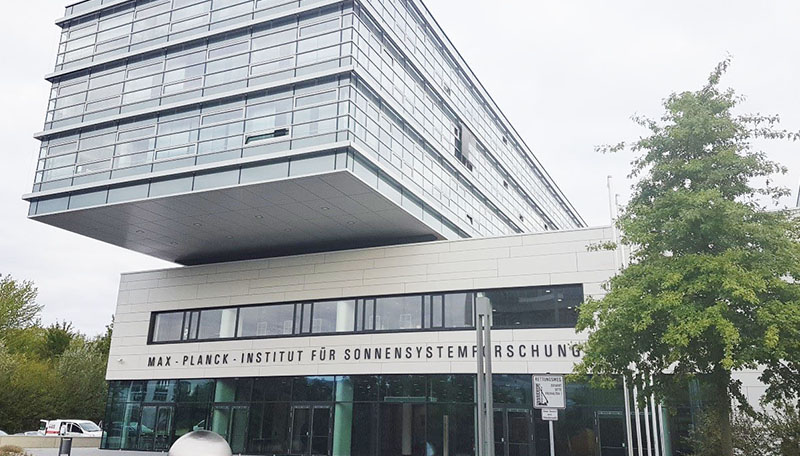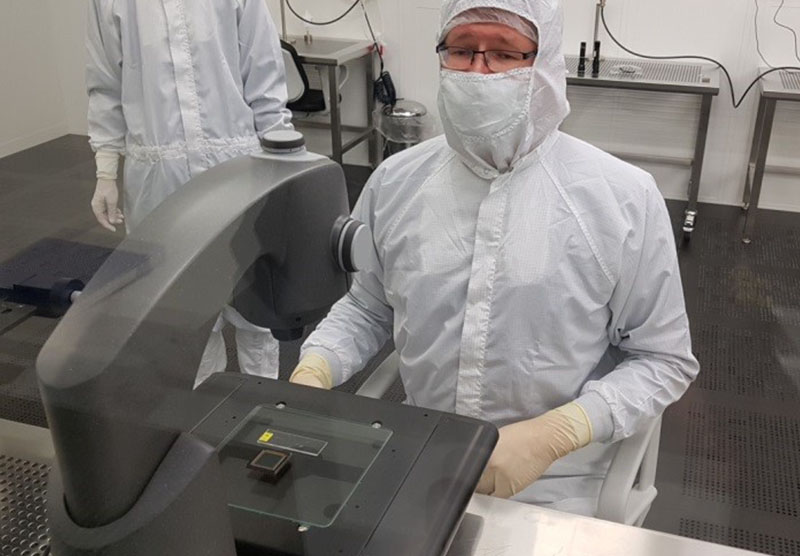This is an accredited version of a longer article published in the February 2020 edition of German Inspect Magazine
Founded in 2004, the Max Planck Institute for Solar System Research (MPI) is one of the leading institutions in the field solar system study, supporting space missions of international space agencies such as ESA and NASA.
To study our solar system, about 300 researchers, engineers, and technicians are developing and researching scientific instruments, mostly for use in space. The focus is on the largest celestial body of the system – the sun.
The Mission
The solar division is leading the Sunrise balloon mission, a balloon-carrying observatory which is equipped with a 1m telescope that explores the sun from the stratosphere at an altitude of about 37 km.
The mission’s third flight (Sunrise-3) will capture high-resolution 2D images and spectra while also registering the polarization state of sunlight. These data will provide information crucial for our under-standing of solar activity, which also impacts the near-Earth environment via UV radiation and space weather.

Vision Engineering solution and support
Using Vision Engineering’s Falcon CNC measuring microscope, the camera sensors of the instrument developed by the MPI are measured for the UV range. The sensors of the Sunrise UV Spectropolarimeter and Imager (SUSI) are optimized for high UV sensitivity. The same sensor type is also used for other two SUNRISE-3 instruments, with a sensitivity optimized for their respective spectral ranges.
Precise sensor positioning
Falcon CNC allows precise positioning of the sensor to the board carrier or the focal plane. This ensures that the image plane and the entry level of the image information are aligned. Also ensuring that, for example, the sensor at the top left is level with at the bottom right, and that twisting of the sensor to the board after a soldering process with alloys has been avoided.
The Falcon video measuring system, both manually controlled and via CNC was the right solution as its simple intuitive operation enabled complex applications, plus compact design and ability to operate in a cleanroom environment via joystick were further benefits of this highly flexible solution.

Vision Engineering is a long-standing partner and supports the MPS in the further development of more powerful instruments and better UV spectrometers. Through its portfolio of stereo microscopes, digital microscopes and optical non-contact microscopes and measuring systems, Vision Engineering supports other Max Planck Institutes throughout Germany, with a variety of different measurement tasks in various research and development projects.



